With the support of funding from the Erasmus + project, 17 workers from the Expertise Center Jarše Youth Home decided to take a study visit to Amsterdam and Breda in Netherlands.
The aim was to educate the employees through visits to governmental and non-governmental organizations in the field of working with young people from vulnerable groups. We visited various organizations, had tours and presentations of programs and services, and exchanged professional opinions and experiences (examples of good practices) with the hosts. 100% attendance at the institution tours and completion of the final evaluation were mandatory. Active participation was expected from the participants during the entire study visit. Of course we also found time to enjoy and see some of great cultural sights too.
Day 1: 20. 8. 2024
- Avans – University of applied science
Time of visit: 9:30 – 16:00
It is an institution for higher education that is known for its high-quality education and practical approach to learning. They have 21 study departments and research program. Their approach of study is to mix programs or students that come from different study programs to see a theme they are studying about from different perspective. Their core value is to remain socially committed, ambitious and personal towards students and personal. Main goal is to combine or connect education, research and practical field. They cooperate with international partners for innovative programs, internships, study trips and help with exchange for students and professors.
We had a tour of the University where we had a chance to see their green room, podcast studio, place where students or personal shoot videos, technology room and places where students can find their place to study.
- RJJI Den Hey Acker (a juvenile institution)
Institution for boys older than 12 years old, and up to 17 or 23 years old. They have 11 groups; 10 groups with 8 boys for short term stay, and one group with 8 boys with long term stay. In total 88 youngers. Work ratio is 3 adults per 10 youngsters. The problems their boys are facing are personal disorder, borderline, antisocial skills. Their work is based on Schema Therapy and Youturn (to change the direction of youngsters’ path). After youngster leave facility there is 70 % return rate in the next 5 years.
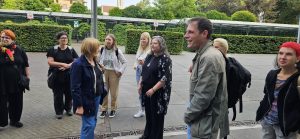
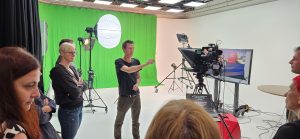
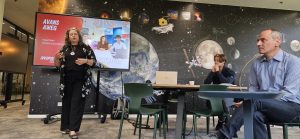
Day 2: 21. 8. 2024
- UvA minds
Time of visit: 10:00 – 12:00
UvA minds is a psychological practice and academic training cente. They focus on offering specialized psychological treatment and support to children and youngsters from age 4 to 24. Some of the treatment also includes childrens’ parents. Main problems that their clients are facing are anxiety, trauma, ADHD and personality disorder. In the organization there are 35 employees (psychologists, child psychologist and a doctor). They mostly work on individual sessions with clients, with some exceptions when they use group therapy.
During our visit they explained us more about two of their approaches: WRITE journal and Schematherapy. WRITE journal is a trauma therapy for children/youngsters from age 4 – 18, who have/are showing PTSD symptoms. It is a structured journaling about trauma that happened to a child. Goal is to process trauma, change thoughts, develop adaptation and to share a story. There is no exact number on how many sessions each child gets, because it depends on a case, but usually more than 12 sessions. Sometimes a part of a therapy is also “Extra-Rotten Fish Letter”; it is a letter that child writes to a perpetrator of trauma.
Schema Therapy is an integrative form of psychotherapy that combines elements of cognitive-behavioural therapy, psychoanalysis, attachment theory and emotion-focused therapy. The goal is to break negative patterns and fulfil emotional needs. They mostly use this therapy for children with personality disorders and chronic psychological issues.
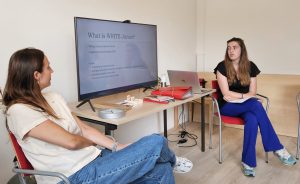
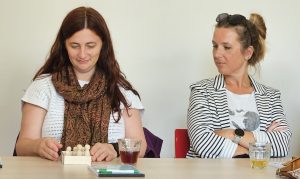
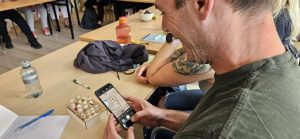
- Young Perspectives – YOPE
Time of visit: 13:30 – 14:30
YOPE is dedicated to provide specialized mental health services and support of young adults from age 12 – 23, where most of them are older than 16 years old. The organization meets youth and professionals in closed forensic care facilities. With different programs, activities and methods they enter into a detention homes and offer youngsters new experiences with learning different skills. At the moment they work with 500 youngsters in different detention centers, where most of them are male. Their organization is structed by facilitators: team of more than 60 urban artists and sports people; experts: team of 20 youngsters who have been in the system and yope mentors: 34 volunteers who help with activities. They offer workshops during holidays, support for the time when they are out of facilities, special skills training, advice from mentors. Every workshop activity combines autonomy, connection, imagination, competences and energy. Their moto is “we believe creativity liberates”.
One of their programs is YOPE international, where they collaborate with range of international partners to make training programmes on locations.
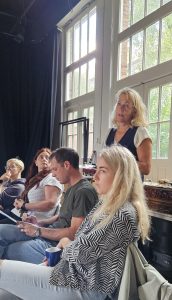
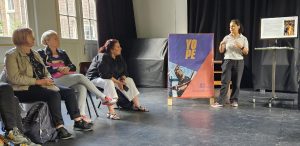
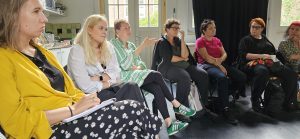
- Digg’Out
Time of visit: 16:00 – 17:00
Digg’Out is an organisation for homeless youngsters or youngsters who are going through difficult times, from age 14 – 27. It is a day center that is open from 9:00 – 17:00, and they offer daytime activities. Philosophy of the organisation is, that a Digg’Out is a place for everyone. Besides one employee and volunteers, they like to include peers to peers support system where youngsters help each other and offer each other a “safe haven” place for anyone who have hard time.
In the discussion we had many questions about situation of young homeless people in Amsterdam. They explained to us that there is a long waiting list for housing, and that many young people end up sleeping on the streets or on a couch of a friend. The Digg’Out organization also offers daily free meals. Meals are prepared at the organization with the help of employee and possible volunteers or other that are in the center that day. The number of clients per day can vary from 5 to 30.
After the presentation they took us on a tour around their facilities. During the tour we had chance to ask questions about their organization. They have an office with reptiles, main room where most activities are held, music studio and arts and crafts room. They plan on having a zen room for more quiet activities and possibly a bigger kitchen where they can prepare meals.
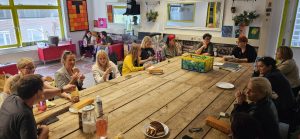
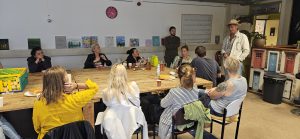
Day 3: 22. 8. 2024
- Levvel
Time of visit: 9:00 – 13:00
Levvel is an organization that covers a lot of field of health/education. Their presentation to us was divided into few sections where specialist from each field told us more about their work place.
At first, we had introduction about whole organization and their knowledge network. It is a specialized organization that provides integrated mental health care, social services and youth care. They focus on supporting children, youngsters and their families who are dealing with different issues. Their core values are to share knowledge, expertise development consultation, maintaining protocols and guidelines.
Second introduction was about residential groups. They have 20 residential groups. The presentation was held by two psychologist who told us more about the work in their residential groups. One of them worked in mixed group for children from 14 – 18 years old who are victims of domestic violence, sexual abuse or parenting problems. In that residential group there are 10 coaches (counsellors) for day and night shifts. The next residential group is for six youngsters aged 14 – 19 who have chronic psychological problems, behavioural problems, anxiety, depression, school absenteeism. The children usually stay in those residential groups for 2 – 3 years.
They also have a special program that is called Future home. Every youngster that turns 18 years old gets a counsellor who help them with transition from residential homes to new place. Counsellor help and support youngster, their family and school. They overview and help with: living, work/school, support, mental health and finance income.
One of the programs is also intensive care program. If there is a child that has intensive problems and other residential groups are not suitable for his needs, they open a residential group that is only for that child. They create an individual plan for them.
The next program they introduce us to is something they call “flying brigade”. It is a team of specialized psychologist who are called in to help in a residential group with youngsters who have extensive behaviour problems.
Last program that was introduced to us about peer expertise. The program offers young people who have been in a similar situation than youngers in need, to help or guide them through the situation. We were lucky enough to had a chance to speak with one of the employee – expert with experiential knowledge who had psychiatric problems when growing up, and now he helps other youngsters with similar problems. It is very powerful tool in residential care facilities. The peers’ “mentors” are there to showed them there is a way out of the system, based on their experiences. In the Netherlands, experiential expertise is now a profession with training at various levels, up to and including a master’s degree!
The presentation ended with a tour around their facilities.
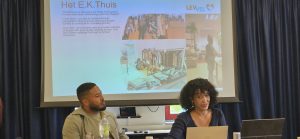
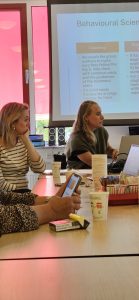
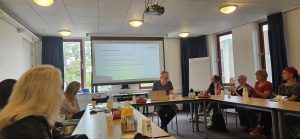
- PerMens
Time of visit: 14:00 – 16:00
Their main focus are three programs: street work, day and night shelters and emergency shelter families.
- Street work: counsellors go around Amsterdam and find youngsters who are living on the street to make a contact with them. Mostly they work with 16 – 27 years old. Those youngsters are a risk group, they might have committed minor crime and most of them drop out of school. In the street they have different workshops with them, or they have rap sessions, create movie clips about their life…
- Day and night shelters: it is for youngsters from 18 – 23 years old. Youngsters can stay there from 1 night – 3 months. They have 15 places in Amsterdam that can house 4 people at one time. Goal is to help people be off the streets. They don’t offer support or resolve youngers’’ problems, but they can find them organizations or professionals who will help them.
- Emergency family shelters: They can support maximum of 44 people in different emergency family shelters. Families can stay there for 6 months. In the shelters they focus on child safety and development.
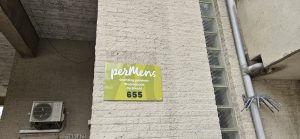
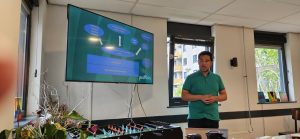
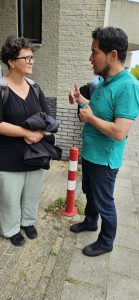
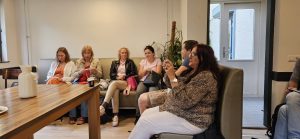
- Dynamo jongeren (youth center Jaco)
Time of visit: 16:45 – 18:00
Youth focused organization that offers a variety of services and programs to support young people. It is specialized in youth work that provides activities, counselling and support young individuals to help them develop social skills and to be a part of a community. Youngsters feel very comfortable in their youth center. They offer activities for children aged 4 – 10 years old and youth work for youngsters 10 – 24 years old. Some of the activities/programs they offer: outside on streets (to support youngsters that don’t have a place to stay), girls only (activities for girls), youngsterdam (where youngsters do something good for the neighbourhood or society and get reward for it) and information for youngsters (platform where they can ask questions). They are open from Monday to Friday. Per day there are around 10 – 60 kids around; depending on the activities. The youth center we visited (Jaco) in located in eastern part of Amsterdam. There are 5 employees, some volunteers and some youngsters who help them. All activities they offer are free of charge and they always have fresh fruit and water that they can take. Some of the activities: DJ lessons, music learning activities, activities for children with special needs, cooking class, team activities, evening events: drum lessons, rap sessions, performance.
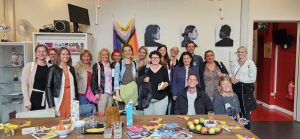
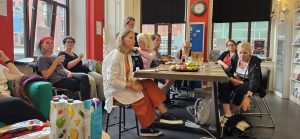
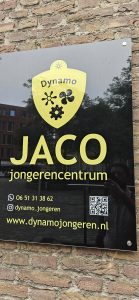
Day 4: 23. 8. 2024
- HVO-Querido (Elandsstraad unit)
Time of visit: 14:00 – 16:00
HVO-Querido is Dutch social services organization based in Amsterdam. The Elandsstraat unit is one of many facilities operated by that organization. In the unit they have youngsters from age 18 – 23. Youngsters are there voluntarily for about a year. Main problems their youngsters are facing are homelessness, have parents with addictions, youngsters who come from foster care, youngsters with emotional problems, youngsters who are in debts or/and have addiction problems.
When youngsters enter the unit, the professionals do first observation for around 3 months. After that they asses what are their needs and goals are and they create a plan which is presented to the city council. After they succeed in goals they move to guided house where they have more freedom, but are still under a mentorship of an adult. Housing is found by a city council. They have 80 % success rate, and their recipe for success is to be strict with balance between care and love.
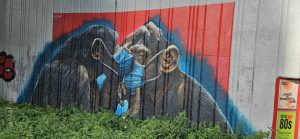
Day 5: 24. 8. 2024
A day for the evaluation of tours, possibilities of finding the implementation of new knowledge, discussion of the vision of individual programs in SCMDJ and further networking.
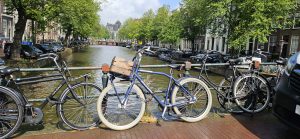
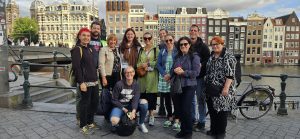
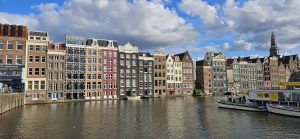

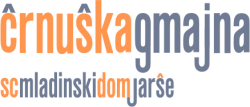
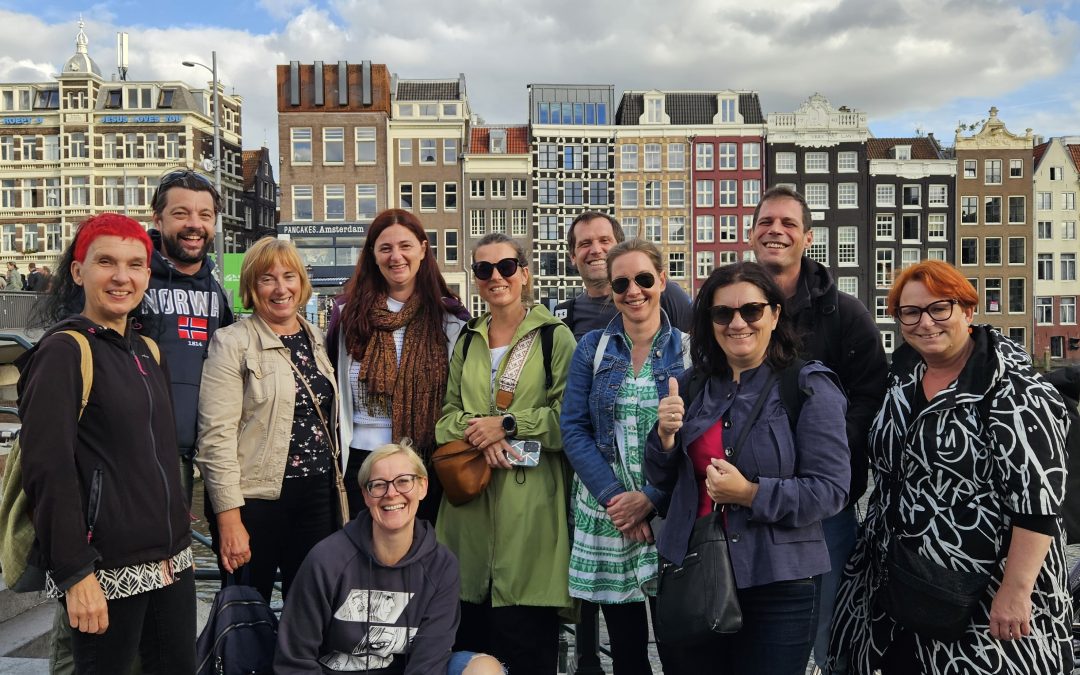
Recent Comments